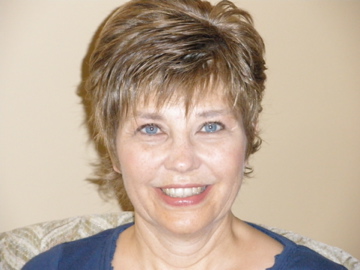Sherry Dahlke, PhD
PhD in Nursing Graduate
Sherry Dahlke always had her sights set on nursing education. Born in Saskatchewan, she pursued basic qualifications in both nursing and adult education. It wasn’t until 2000 that she found her true focus and passion. While working on her BScN at the University of Victoria, she observed a lack of understanding of how to manage care for older adults. With an aging population, more and more older adults need care from healthcare professionals not used to treating this demographic. “Hospitalized older adults are at risk for delirium, which is a medical emergency,” she says. “As we age, due to the changes in our bodies, delirium comes with acute illness.”
Her studies in this area led to more questions, and she was encouraged to continue with her education. Sherry went on to pursue her MN and PhD at the UBC School of Nursing. Today, she is an Assistant Professor in the Faculty of Nursing at the University of Alberta.
“I’m studying how important it is to work in interprofessional teams,” she says. Working with older adults can be physically demanding, and they also have a complexity of needs. She is working to understand processes of “interprofessional care.” She is currently conducting a study to learn about older adults and their families’ perspectives of what it was like to be cared for by a healthcare team. How were their perspectives incorporated? Preliminary findings suggest that communication among team members and including perspectives from both older adults and their family members are important.
“At UBC, I was fortunate to work with some really great faculty members who were keen to have conversations and treated me as a colleague,” she says. “I am grateful to my Doctoral committee for holding my feet to the fire to ensure I conducted a rigorous study and helping me grow and develop as a researcher.” Since graduating, Sherry has come to appreciate the breadth and depth of the knowledge she acquired. “I feel confident that I’ve had a really good grounding in qualitative and quantitative research.”
